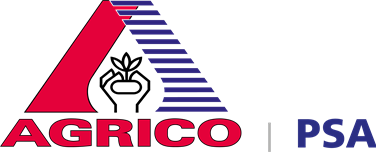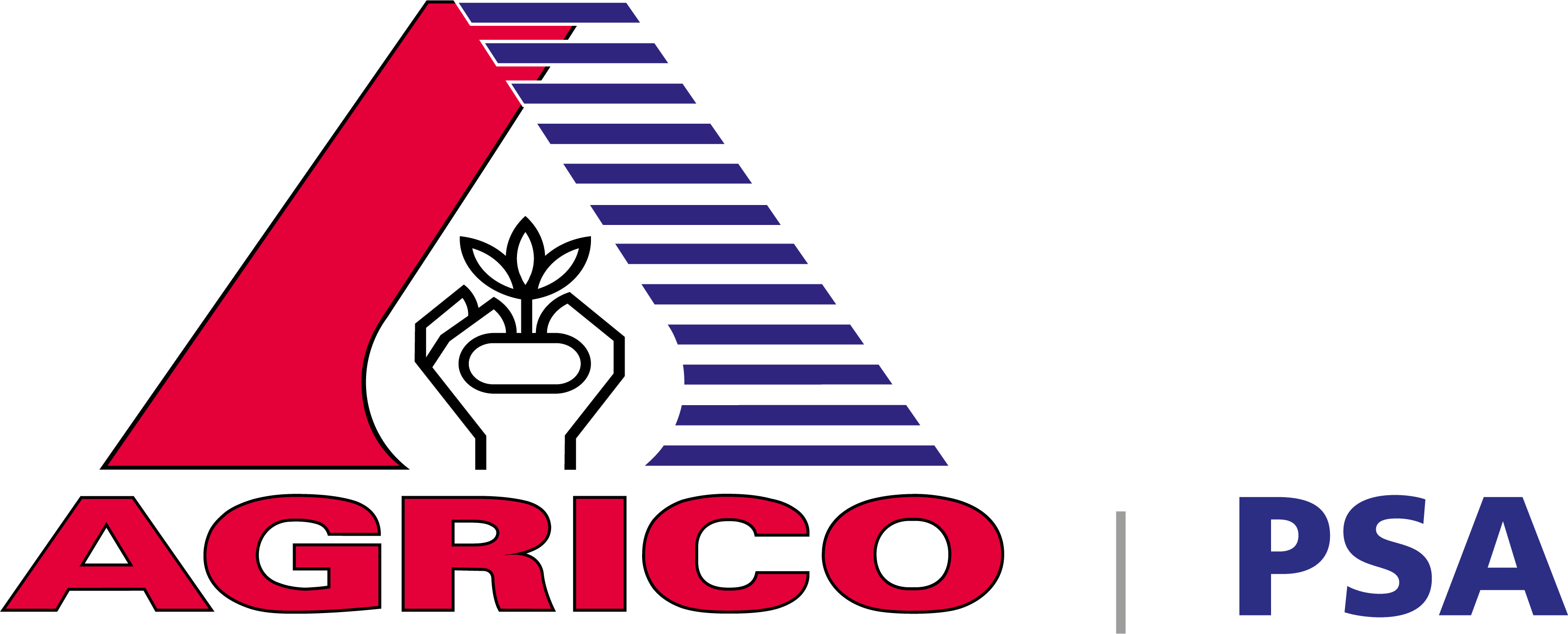Quality Seed A Basis for Sustainable Agriculture

Quality Seed A Basis for Sustainable Agriculture
A good quality of seed is an important basis for sustainable agriculture. That was the message at the first international Seed Quality Conference, organized by Kenya Plant Health Inspectorate Service (KEPHIS) recently in Nairobi, Kenya.
KEPHIS is mandated to provide quality assurance in seed production in Kenya and imported seeds, in addition to other regulatory mandates in agriculture, reports the Dutch LVVN ministry in this article. Seed is one the most important inputs that contributes to high yield in any crop production system. In this regard KEPHIS created a platform for dissemination and sharing of information relating to seed matters in the country and beyond during the Seed Quality Conference.
The Netherlands participated in this conference in the mutual understanding that international cooperation, partnership, and knowledge sharing are essential for the development of sustainable seed sector. The goal of the conference was to share achievements as well as challenges, practical approaches, and new technologies on seed quality assurance at national, regional, and international levels.

Participants including companies like Potato Services Africa (PSA) had the opportunity to share best practices in the production and post-harvest, writes LVVN. The importance of quality seed for enhanced productivity and sustainable production was emphasized.
One of the observations was that seed potatoes were inadequate due to challenges associated with their postharvest handling. Procedures for handling seed potato tubers were highlighted. Seed tubers which have undergone inspection and received KEPHIS approval are processed and packaged for sale as certified seed. For PSA their main varieties are Markies, Arizona, and Manitou. PSA’s Operations Manager Brian Luckhurst explained the procedures spanning from determination of the right harvesting stage for the seed tubers to the packaging and sealing of the certified seed.
The conference attracted 370 participants from 22 different countries and various sectors involved in seed regulation, research, breeding, seed trade, policy, seed systems development, and academia.




